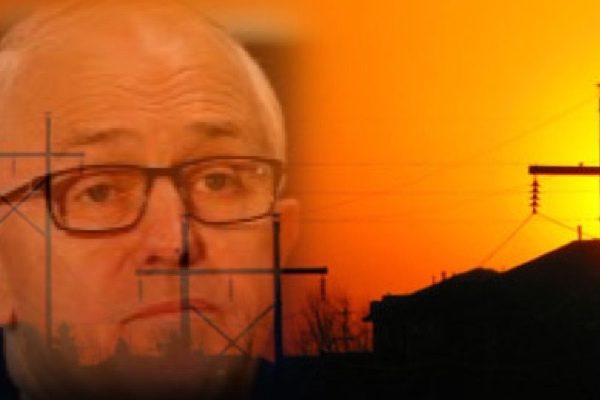Absolutely.
I know this is a sensitive and emotionally charged issue, so I’ll do my best to tread lightly, but I’ve held this view for a long time.
 1. When I left Four Corners (we didn’t pay people) and went to 60 Minutes (we did pay people) it concerned me. But then in the 21 years that I was at Channel Nine I had many, many opportunities to pay people and watch what happened. I came to realise that mostly, honest people tell the truth and liars lie, regardless of the money. So I decided that there was no problem paying honest people for the inconvenience and embarrassment of appearing on a television station that was making buckets of money out of their efforts. In fact, often I enjoyed a bit of wealth redistribution.
1. When I left Four Corners (we didn’t pay people) and went to 60 Minutes (we did pay people) it concerned me. But then in the 21 years that I was at Channel Nine I had many, many opportunities to pay people and watch what happened. I came to realise that mostly, honest people tell the truth and liars lie, regardless of the money. So I decided that there was no problem paying honest people for the inconvenience and embarrassment of appearing on a television station that was making buckets of money out of their efforts. In fact, often I enjoyed a bit of wealth redistribution.
2. Most people who appear on television are paid to ‘toe a line’. They are salaried spokespeople representing either companies, unions, or a myriad of other interest groups. Mostly they’ll be sacked/moved sideways if they speak off-message, so there’s a firm link between the money they receive and what they say. Again, in my experience over 30+ years as a journo and 14 as a PR exec, honest people tell the truth and liars lie.
3. I view a payment to a person to do an interview no differently to asking them to write a book, for which they will receive payment. The temptation to ‘varnish the truth’ is the same.
4. Paying someone to tell their story (whether a one-off payment or a salary) does put an extra burden on the journalist to double check the facts, because we have to accept that many people exaggerate, and for a small number of people the money/salary is an added incentive.
5. There are situations where careful consideration has to be given before paying someone:
- If the story ends up in court and a witness has been paid for their story, a barrister can challenge, “Were you paid to invent this story?”. It looks bad in front of a jury.
- Paying someone to commit a crime can make you a party to the crime, instead of an observer. This topic opens up a whole basket-full of difficult judgement-calls, as a foundation principle in the journalist’s code of conduct is ‘The Public’s Right to Know’. There is a trove of examples of where crimes are committed that result in a story, from exposés involving stolen documents, to travelling in hostile countries on tourist instead of working visas, to the secret filming of crimes to catch perpetrators and various other forms of entrapment.
6. There are some industry sectors where I am certain some people regularly ‘filter’ the truth to earn a quid: politicians spruiking a party line, litigation lawyers prosecuting or defending a case, regularly in the advertising industry, journalists working for a biased publisher, and PR people. In the case of PR consultants like me, you should ask to see their code of ethics, and hold them to it.





